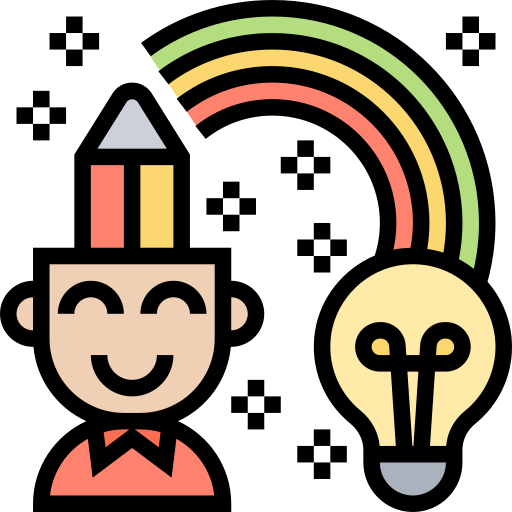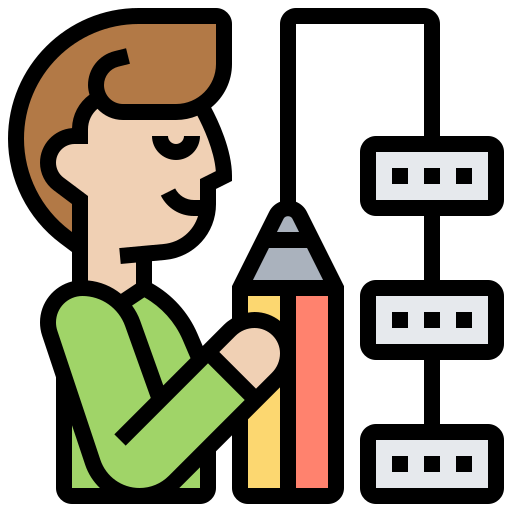Are you drawn to beautiful spaces?
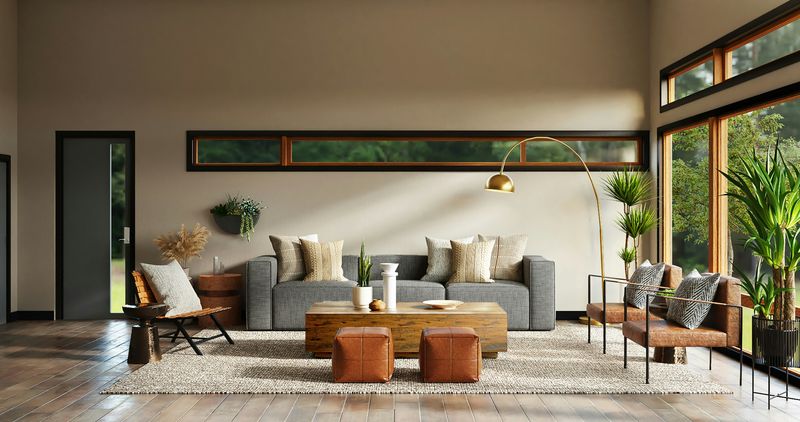 Photo by Spacejoy on Unsplash
Photo by Spacejoy on UnsplashAre you inspired by color palettes, or fascinated by how rooms influence mood and function?
If so, you may have considered interior design as a potential field of study. But interest alone doesn’t always mean it’s the right path. Choosing to pursue interior design requires honest reflection on your strengths, goals, and what the field really involves.
Interior design is more than decorating: it’s a mix of art, psychology, and problem-solving.
Successful designers need:
a keen eye
technical skills
the ability to work with clients, contractors, and architects
Do you like being creative?
 Photo by Christina Rumpf on Unsplash
Photo by Christina Rumpf on UnsplashDo you enjoy working with visual elements like color, texture, and space?
If you have a natural eye for aesthetics, a good sense of how to make spaces functional and beautiful, and feel drawn to expressing yourself creatively through spaces, interior design could be a good fit.
Are you ready to make an academic commitment?
Studying interior design is an academic pursuit that blends creative exploration with rigorous technical training.
Most programs require a foundation in design theory, including courses on color theory, spatial planning, architecture history, and sustainable materials.
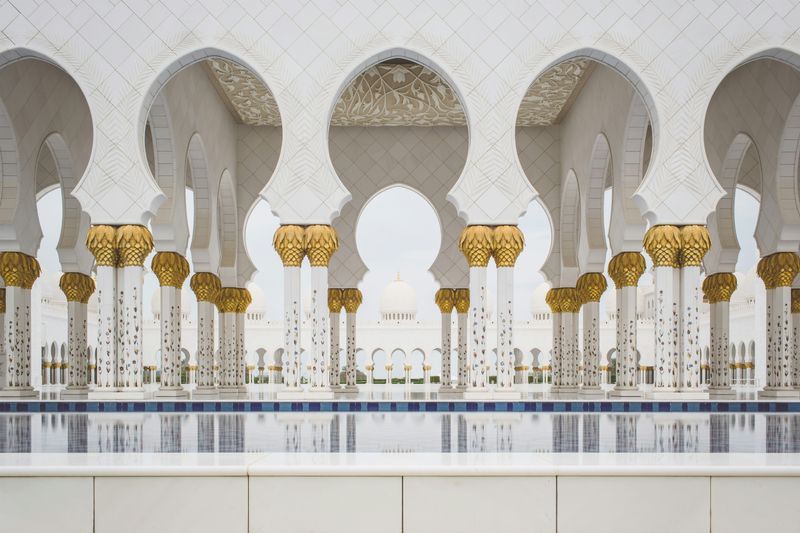 Photo by Azhar J on Unsplash
Photo by Azhar J on UnsplashYou’ll also be expected to develop practical skills such as drafting, model-making, and using digital tools. Many programs include studio courses where you’ll work on real-world design problems and receive feedback.
Quiz
What makes interior design different from interior decorating?
What skills do I need to be successful?
Creative & Detail-Oriented
What makes a great interior designer? Creativity, knowledge of styles and materials, and the ability to turn client needs into inspiring designs are essential.
Organization Skills
How do you keep a design project running smoothly from start to finish? As an interior designer, staying highly organized is essential to delivering projects on time and within budget.
Design Skills
Interior designers need to communicate their ideas clearly through both hand-drawn sketches and computer-aided design (CAD) software.
Budgeting Ability
Can you design a beautiful space while sticking to a strict budget? Interior designers must be confident with numbers, track all costs and timelines.
Communication Skills
Interior designers often work directly with clients, which requires strong communication skills. Are you comfortable listening to client needs and working with different personalities? The ability to collaborate effectively is crucial.
Quiz
Why is collaboration important in the interior design field?
Explore first before jumping in!
Before committing to an academic path in interior design, it’s wise to dip your toes into the field through hands-on exploration.
Try small-scale design tasks:
rearranging furniture in your room
creating mood boards
redesigning a space in your home or a friend's
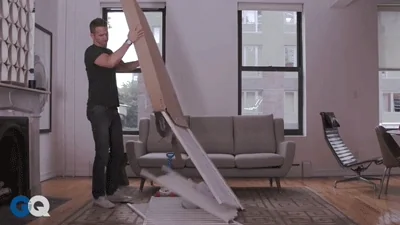
Try free online tools to help you experiment with layouts and materials:
Shadow a professional designer in person or through online mentorship programs. This can expose you to the realities of day-to-day work, such as client communication, budgeting, and project timelines.

Take Action
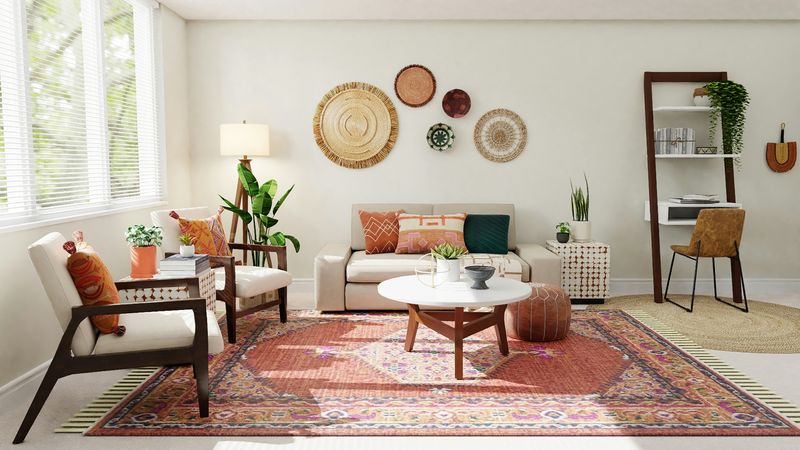 Photo by Spacejoy on Unsplash
Photo by Spacejoy on UnsplashIf you find yourself losing track of time while doing these activities, it’s a strong sign that interior design might be a fulfilling path for you.
Your feedback matters to us.
This Byte helped me better understand the topic.

